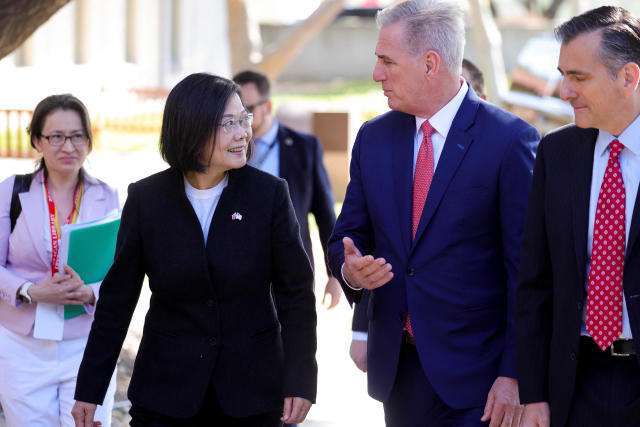French Secretary of State Marlène Schiappa defended the right of women to undress if they wish in her controversial interview for the erotic magazine Playboy, which earned her a wave of criticism before her appearance on Thursday.
Source: AFP
“If they want to dress like nuns and never meet men, it’s their choice and you have to support them. if they feel like pose naked in a magazine, too, although I do it dressed”, Schiappa assures in the interview.
The person in charge of Social and Solidarity Economy and Associative Life40, poses in a long white dress on the cover of Playboy and, in the 12 interview pages inside, he appears with other dresses and symbols of France.
In the pages, he underlines the “act of emancipation” of Pamela Anderson’s pose for Playboy, claims himself as a “direct” person, answers unusual questions such as whether politics “is aphrodisiac” and acknowledges that he suffered “inappropriate behavior” from men.
Although since her participation in the adult magazine became known, the official has defended that “in France women are free“This has not left you indifferent and has even divided your government.
The current Minister for Equality, Isabelle Rome, questioned on Wednesday the suitability of the erotic magazine to defend women’s rights, especially when Schiappa held the same position between 2017 and 2020.
“Why did you choose Playboy to promote women’s rights when this magazine is a compendium of all the sexist stereotypes? We are fully immersed in the culture of the woman-object,” Rome told the daily Le Figaro.
On Tuesday, the government spokesman, Olivier Véran, had nevertheless defended the “sometimes digressive” fight for women’s rights by the media civil servant, also the author of erotic books.
Most of the criticism, such as that of Prime Minister Élisabeth Borne, focuses on the moment the interview appeared, in the midst of a social conflict in France over the unpopular pension reform adopted by the government.
Schiappa is also the target of accusations about an alleged misappropriation of subsidies to a fund anti-radicalism created after the death in 2020 of Samuel Paty, a high school teacher beheaded by a radicalized Islamist, as revealed by an investigation by the media Marianne and France 2.

















